Download the Printable Checklist
Disaster can strike at any time, and with little notice. Whether you live in an area that's at risk for a blizzard, tornadoes, hurricanes, earthquake or forest fire, you need to be prepared. Building a disaster preparedness kit will ensure your family is well protected when disaster strikes, whether you are left without power for a few days or find that you have to evacuate suddenly.
While some parts of a disaster prep kit are easy to remember, such as food and medicine, others are less so. One of the things that many people forget about is the important documents they need in the event of an evacuation. If your family suddenly has to vacate your home, and you only have time to grab your disaster kit and run, you will want to make sure it has the right documents to keep you on track. This list will help you prepare for the next disaster with the right documents.
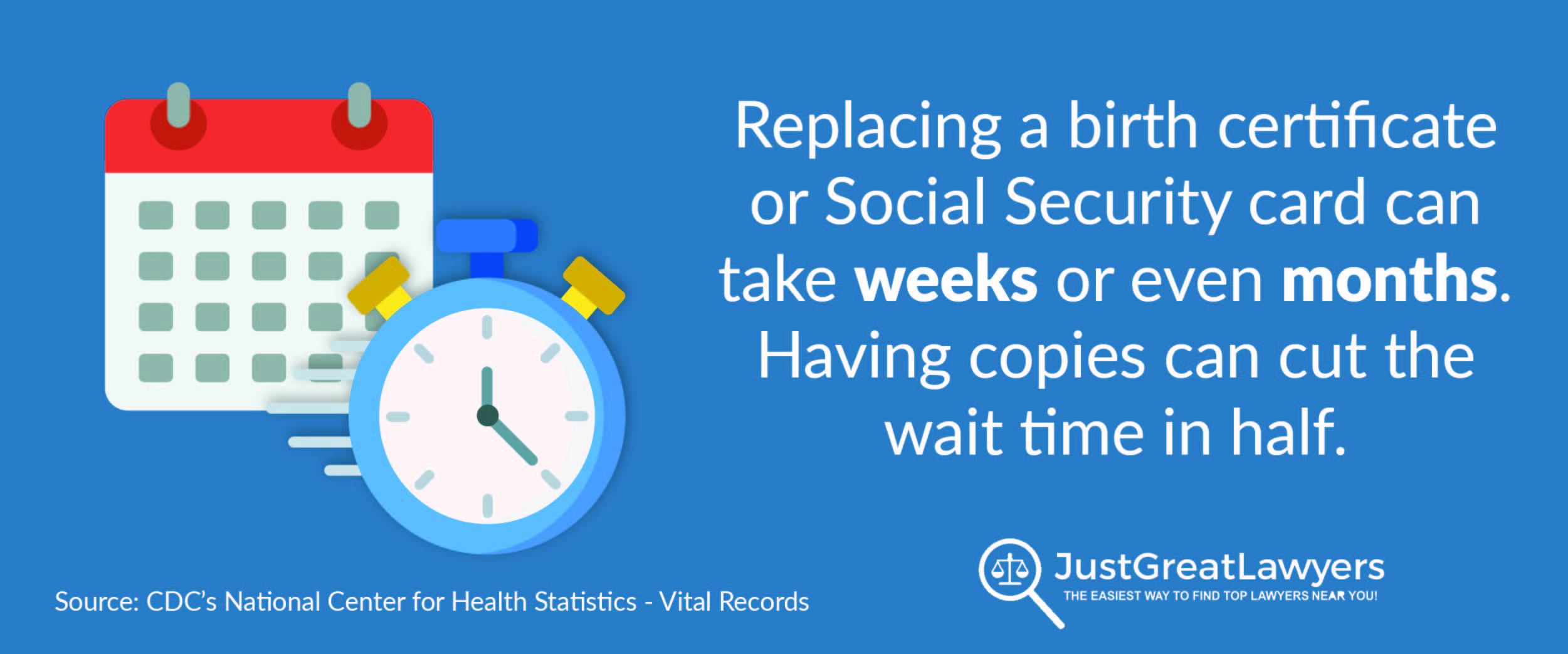
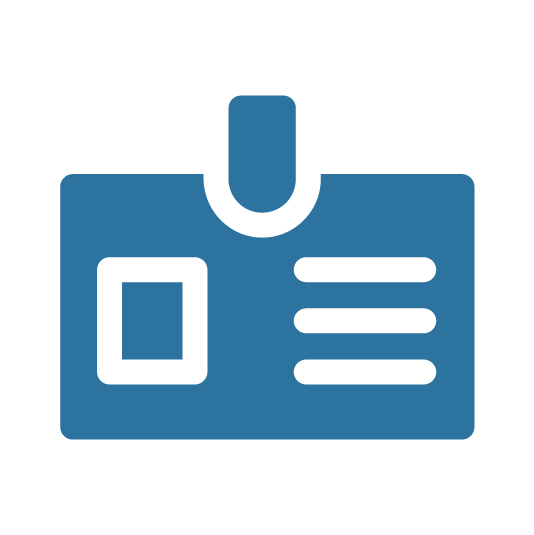 | Family and Identification Documents |
Do you have all of the documents your family will need should you need to set up residence somewhere else temporarily, or, at worst, fleet the country? Yes, that may sound far-fetched, but if the problems at home get bad enough, or your house is completely destroyed, will you have all of the necessary documents? Here are some you will want to have:
- Birth certificates - Copies are fine, but have your birth certificates in the disaster preparedness kit to ensure you can prove who you are and where you are a citizen.
- Marriage and divorce papers - These prove the marital status of the head of the household, and could be important in the future.
- Adoption papers - If you have adopted a child, these are important to prove that the child is part of your family.
- Social Security cards - Getting a new copy of your Social Security card takes time and may not be simple if your area is devastated in a natural disaster, so keep copies of the cards for all members of your household.
- Passports and driver's license - If anyone in your family has a passport, make a copy of it. Also, copy all driver's licenses. These will provide a starting point for replacing these important forms of identification if they are lost in a tragedy.
- Photographs of family and pets - Keep a recent photograph of all family members and pets so you can get help finding each other if you are separated.
- Pet microchip numbers - If you have pets that are microchipped, keep a copy of the microchip tag number.
Why are these documents crucial? If you are involved in a natural disaster that is bad enough to destroy your home, all of these important documents will be destroyed along with your home. Should you need them again in the near future, you will be at the mercy of the office that issued them to get you copies. Having a copy of your own will help you be ahead of the curve as you get reestablished somewhere else.
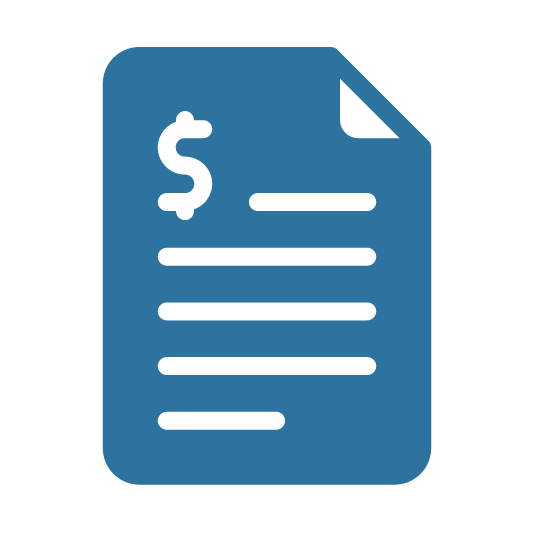 | Financial documents |
From the numbers of your credit cards and bank accounts to the contact information of your bank and investment professional, you're going to need some financial documents handy as you prepare for a disaster. If you flee your home with just what you can carry, make sure these financial documents are in the mix.
- Tax information - Make a copy of the last year's tax returns, so you can prove your income should you need to. Also, make a copy of your personal and business property tax statements. Should you need to get a new loan or apply for assistance based on your income during your recovery period, you will need hits information.
- Financial account numbers - Have copies of statements from all bank or credit union accounts you have, so you have access to the account number and the bank's contact information. Also, make copies of a credit or debit card statement for the same information. You want to be certain you have access to your money in the event of a disaster.
- Income verification - In addition to the tax statements, have copies of recent pay stubs in your disaster kit so you can provide proof of income if needed.
- Insurance information - All insurance policies you have, including life, car, homeowners and health insurance, should be copied and placed in your disaster prep kit. This will ensure you can get coverage or file a claim even when away from home.
- Information about bills and obligations - If you have obligations, like mortgages, utility bills and loans, that you need to pay monthly, make a copy of the bill or statement to put into your disaster kit. This will ensure that you can access your account or the contact information to keep current with your payments.
Remember, being in a disaster does not mean you can just stop paying your bills. Have these financial documents ready so you are well prepared.
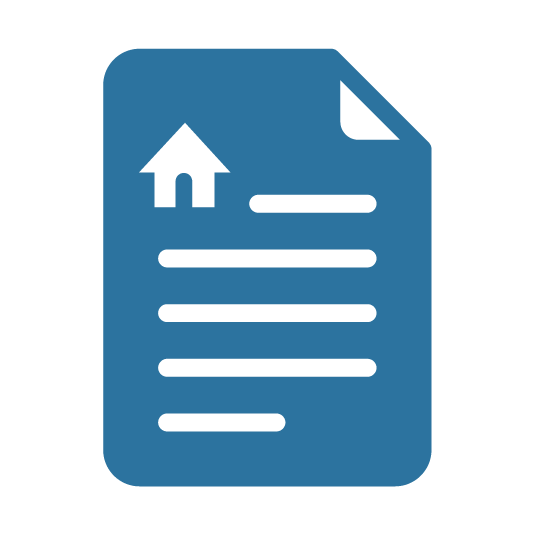 | Property documents |
You’ll want proof of the things you own so you can reclaim, replace, or rebuild them after a disaster.
Vehicle documentation - Certified copies of titles, VIN numbers, registration papers.
Real estate documents - Certified copies of deeds for home and business, mortgage notes, chain of title documents.
Appraisals - Receipts or appraisals for valuable items or major purchases
Inventory of items in your home - Photos of valuables and a listing with each item’s description, brand, model, and serial number.

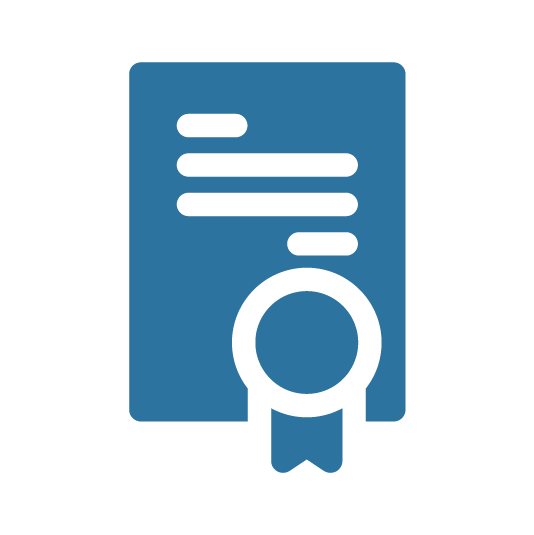 | Legal Documents |
If your home burns down or is leveled in an earthquake, would you have to start all of your end-of-life planning from scratch? Here are some important legal documents to copy for your disaster preparedness kit.
- Will - If you've crafted a last will and testament, put a copy of it into your disaster preparedness kit. If you have not created one, consider doing so immediately. This is the very minimum you need to have for a solid end-of-life plan.
- Living will - A living will is a document outlining the medical treatments you wish to have or not have if you are seriously injured or suffer a terminal illness. The living will also names the individual who is allowed to make medical decisions when you can't do so for yourself. Have one of these made, and put it in your kit.
- Power of Attorney - A power of attorney document provides someone with the power to act on your behalf for financial or legal concerns if you are not able to do so, such as if you are hospitalized in a coma. This should be part of your kit and your end-of-life plan.
- Trust documents - If you have a trust, make sure you have copies of all of the documents relating to it.
- Titles and deeds to property you own - From the car to your home, order copies of your titles and deeds, and place them in your disaster prep kit. Make sure these are actual copies from the appropriate government entity, not photocopies, so you can have legitimate proof of ownership.
- Naturalization or citizenship documents - If you were not born in the United States, make sure you get a copy of your naturalization or citizenship papers for your disaster prep kit.
It's important to think of all possible problems that could happen in a serious emergency, and prepare for them accordingly, when building your disaster prep kit.
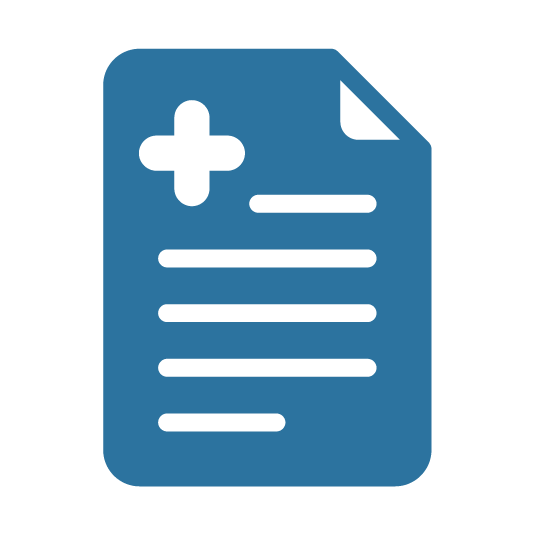 | Medical Documents |
Finally, make sure you are prepared for the fact that a disaster will likely involve the need for medical care. Here are the medical documents and proofs you will need in your kit:
- Insurance information - While it's already been mentioned, it bears repeating here. If you have medical insurance, put a copy of your policy numbers and your insurance card in your kit, so you can get the appropriate coverage in an emergency.
- Immunization records - Keep the immunization records of your children and pets in this kit, so you know what they are protected against should you have to evacuate.
- Allergy information - If anyone has serious allergies in your family, have a record of this information in your kit.
- Medications list - If anyone in your family takes medications on a regular basis, list the medications, doses and the doctor who prescribed them, and put this in your kit. Don't forget to list medications for pets.
- Crucial medical records - While you can't put all of your medical records into your disaster prep kit for the sake of space, you should include any information about serious diagnosis or procedures you have had done in the past.
Remember, in a serious emergency, there's a high chance that someone other than your regular doctor will be taking care of your medical needs. Make sure these professionals have the tools they need to give you the best possible care.
How to Store Documents in Your Disaster Prep Kit
Finally, take some time to plan how you will store all of these documents. Here are some ideas to make it easier to store and then grab the disaster prep kit in an emergency.
- Have more than one place. Keep paper copies as well as computer backup disks in different places to ensure you have the best chance of grabbing the information in a hurry. Consider storing some of these documents in an off-site location, like a security deposit box.
- Use a safe - Invest in a metal safe that is both fireproof and waterproof to store these documents.
- Keep them in a binder - Put all of the documents into a binder that you can grab in a hurry, and keep the binder in a secure place
- Store them near your kit. Store these documents near your other disaster prep supplies, so you don't forget them when a disaster strikes.
Download the Emergency Documents Checklist (PDF)
Preparing a disaster preparedness kit is simply a wise choice. You have no way of knowing when a potential disaster will strike, and having the supplies ready to go will keep your family safe, financially secure and stable during the difficult days ahead.






